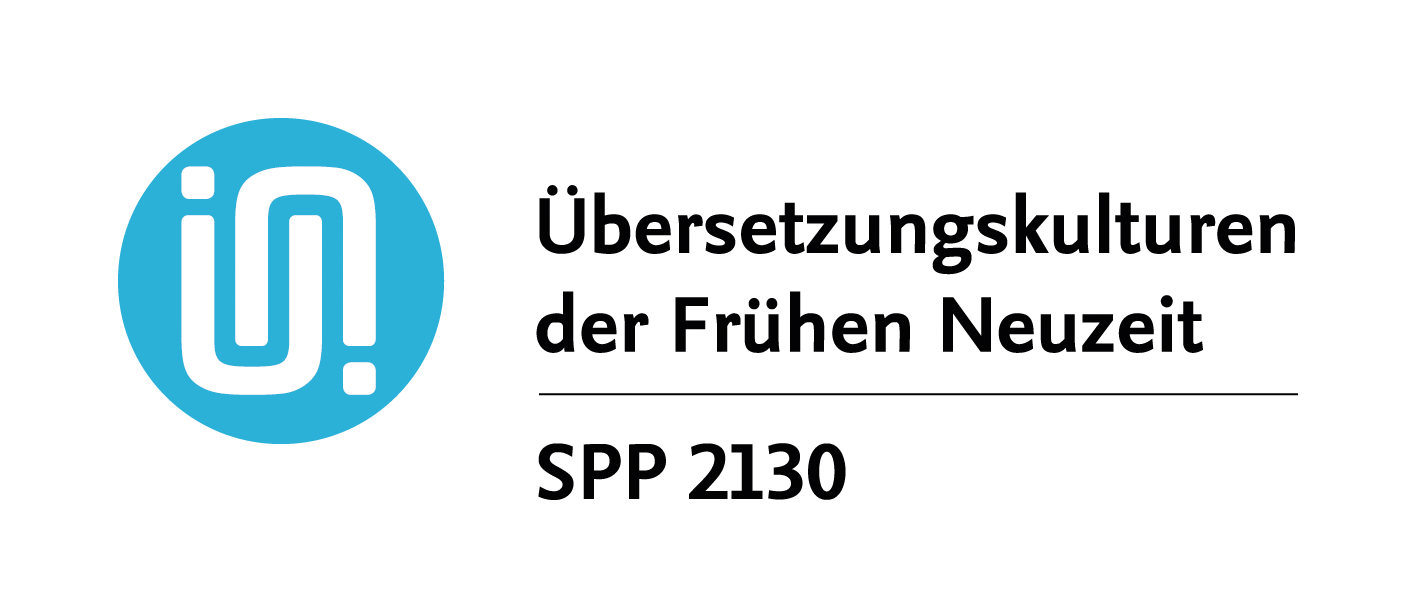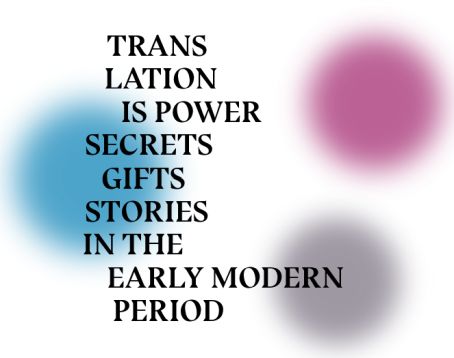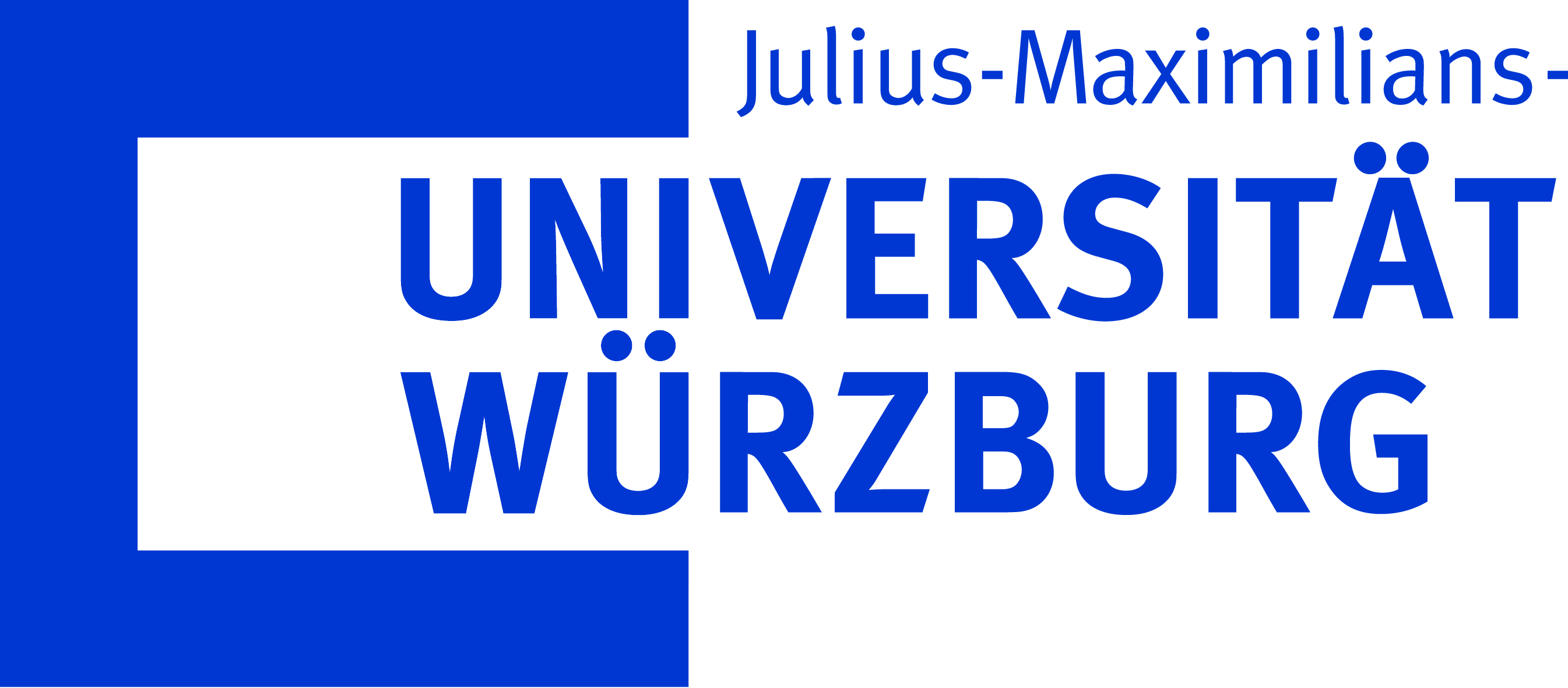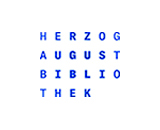Welcome
SPP 2130 ‘Early Modern Translation Cultures (1450-1800)’
Current political debates on such topics as how to cope with refugees or the conclusion of free trade agreements testify to the relevance of translation for well-functioning social coexistence, communication across linguistic and cultural boundaries, scientific progress, ecological visions of the future and trade relations.
The Priority Programme 2130 launched by the German Research Foundation in 2018 poses questions about basic conceptions of society, perception patterns and communication forms that became established through translation practices from the fifteenth century onward and still have an impact today. It thus offers a historical frame of reference for current discussions as well as a potential basis for comparison.
The aim of the programme is the interdisciplinary study of the epoch-making significance of concepts and practices of translation as a central and ubiquitous cultural technique of Early Modern times (1450–1800) and, in conjunction with that, a reorientation of the cultural sciences drawing on the current translational turn.




